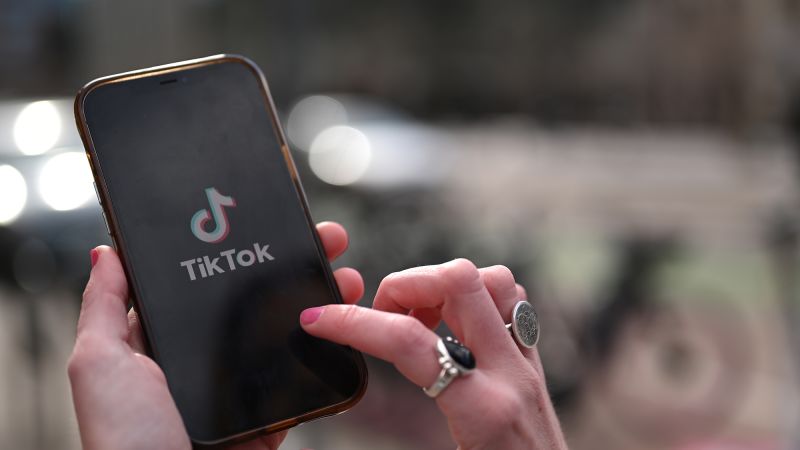TikTok has informed its employees that they will file a court challenge if Congress passes legislation that could potentially lead to a nationwide ban of the app. The House of Representatives recently passed a foreign aid package containing language that could result in a ban of TikTok, with the bill expected to pass the Senate soon. If the bill is signed by President Biden, TikTok plans to challenge it in court, describing the legislation as an “unprecedented deal” between the Republican Speaker and the President.
The company’s head of public policy for the Americas, Michael Beckerman, sent an internal memo to employees warning them about the potential ban and encouraging them to attend an internal town hall for more information. TikTok has already publicly opposed the bill, arguing that it infringes on its users’ First Amendment rights. The legislation would require TikTok’s Chinese parent company, ByteDance, to sell the app within 270 days or US app stores would be prohibited from offering it for downloads. President Biden could extend the deadline by another 90 days if progress is made towards a sale.
Legal experts have suggested that TikTok may have a case in challenging the legislation based on First Amendment grounds. They note that courts typically consider the ultimate impacts of challenged laws on Americans’ speech, not just their stated intent. Supporters of the legislation argue that it is necessary to protect Americans’ personal data and have disputed claims that it is a complete ban on TikTok. The situation highlights the ongoing debate over the balance between national security concerns and protecting individual freedoms, particularly in the realm of technology and social media companies with international ties.
TikTok’s potential legal challenge adds another layer of complexity to the ongoing discussions surrounding the app’s presence in the United States. The app has faced scrutiny over its ties to China and concerns about data privacy and national security. TikTok has taken steps to address these concerns, including setting up separate entities to manage its operations in different countries. The company has also made efforts to increase transparency and engage with regulators to demonstrate its commitment to protecting user data and complying with regulations.
As the debate over TikTok’s future in the US continues, the outcome of any potential court challenge will have far-reaching implications for the app and its millions of users. The case could set a precedent for how the government regulates social media platforms with international ownership and influence. Ultimately, the situation underscores the complex interplay between national security concerns, individual rights, and the global nature of technology companies in today’s interconnected world. TikTok’s decision to pursue a legal challenge reflects the high stakes involved and the company’s commitment to defending its rights and operations in the face of regulatory scrutiny.


